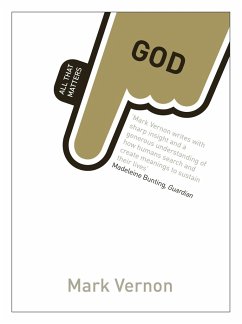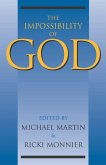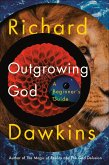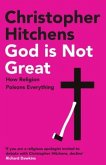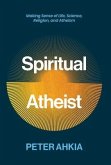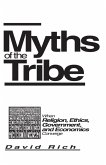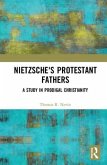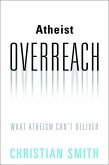If 'God is dead', then we spend an incredible amount of time talking about him. 'New atheists' like Richard Dawkins and Christopher Hitchens have created a huge new interest in debating (and demolishing) the existence of God. But in this book the philosopher Mark Vernon takes a more nuanced approach, pulling together fascinating strands from philosophy, literature, science, theology and psychology. He argues that there is something odd about the way God is discussed today - as if the divine were being examined in a test tube, in a search for empirical and objective confirmation of his (or her?) existence. Yet for people of faith, today and through the ages, God is nothing if not subjectively real; they know God, insofar as they do, in their lives. It's more like the love of a parent than Newton's apple falling from the tree.
Hinweis: Dieser Artikel kann nur an eine deutsche Lieferadresse ausgeliefert werden.
Hinweis: Dieser Artikel kann nur an eine deutsche Lieferadresse ausgeliefert werden.

